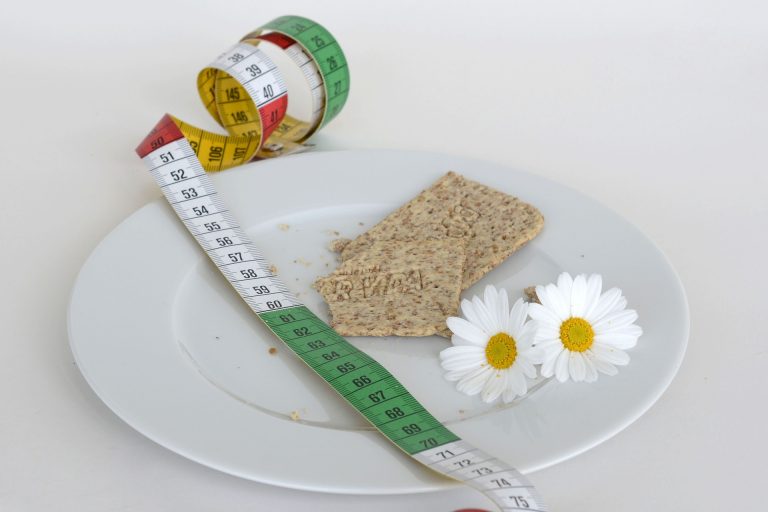We’ve all been there: felt the weight piling on but continued to chow down on our favourite comfort foods just to bring us that short term fix of joy that we no doubt, in fact, definitely, deserve in a global pandemic. I mean let’s face it, there’s not a whole lot else to do, and hey, learning some new skills in the kitchen is never a bad thing either if that’s been your jam. Speaking of which, mmm…jam. Whether you’re loving your body (go, you!) or have decided that losing some weight is the best option for you, you need to be mindful of your approach.
If you are on a weight loss journey, first of all, congratulations on taking that crucial and difficult first step. This is often the hardest part: accepting that we need to change to become the healthiest and happiest version of ourselves and to aid our mental health. However, the temptation to go super low calorie is something that has been increasing rapidly in popularity, and it comes with a stark warning from health professionals.
While people have always looked for quick-fix ways to lose weight fast, there has been a sharp rise in calorie counting and the ‘calorie deficit’ approach to weight loss in recent times. Ok, so the fact is, if you do need or want to lose weight, being in a calorie deficit (i.e. consuming fewer calories than you are expending) is the only way you will ultimately achieve weight loss. And yes, being in a high-calorie deficit will make you shed that weight quickly. However, this ultra-low calorie approach is showing itself to be just as unsustainable and ultimately damaging as every other fad diet out there, and here’s why:
Where Diet Culture Fails
What we have to understand that when we look at diet culture as a whole is that idea of losing weight is, like a lot of marketing, pushed as something we should want and need NOW. And losing weight sustainably just doesn’t work like that. There are a couple of key reasons why cutting your calories to an incredibly low level really won’t help your weight loss efforts in the long run. First of all, and this one goes without saying, you will be very hungry. If you are used to having around double the amount that you suddenly cut your calories to, you are going to be incredibly, incredibly, HUNGRY. It’s unlikely that even with all the willpower in the world you will be able to continue to eat like this, and you will potentially end up binging and making yourself feel worse.
Secondly, by eating a very small number of calories regularly, you shock your body and actually adversely affect your metabolism. After a while of eating at such a low rate, your metabolism can be slowed down, impacting your overall ability to lose. Just think about it: when you eat such small amounts of food every day for a certain period of time, your body and brain sees this as as a signal to slow down your metabolism in order to conserve energy. Therefore, by taking this approach, you are likely not getting the proper nutrients from your food, but you are also hampering your weight loss efforts in the long term.
So What Should I be Doing?
So what’s the take-away? If you want to lose weight, don’t restrict food groups, but also don’t restrict your caloric intake too much, otherwise, you will end up either binging or lowering your metabolic rate and struggling to maintain this change. It might sound boring, and now what you want to hear, but slow and steady really does win the race. Remember: if you are even in a very small calorie deficit, you will lose weight. And not only this, but you will be much more likely to keep that weight off in the long term. Doesn’t that sound like a lot more fun than depriving yourself for long periods only for the weight to pile back on and the whole cycle to repeat itself?

